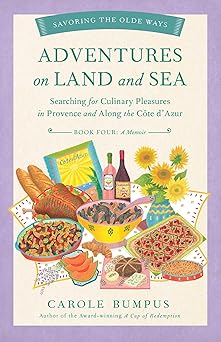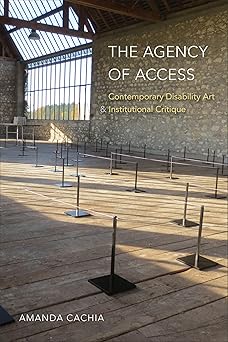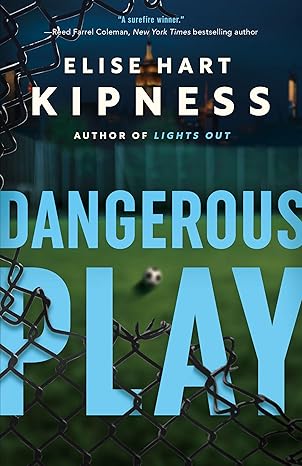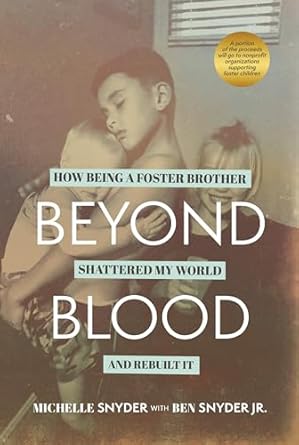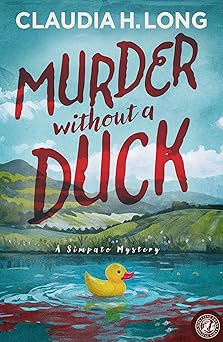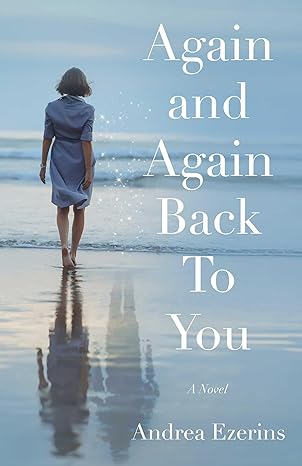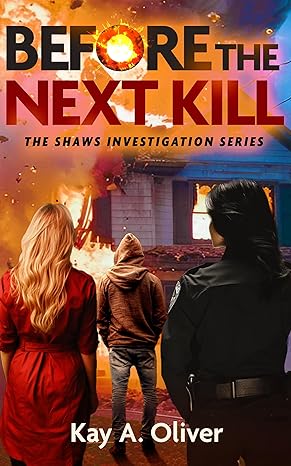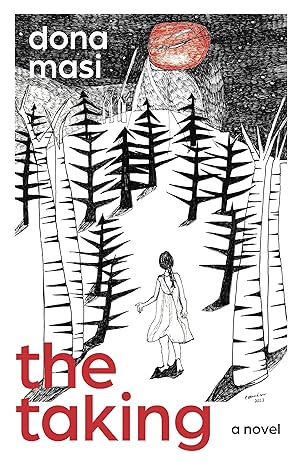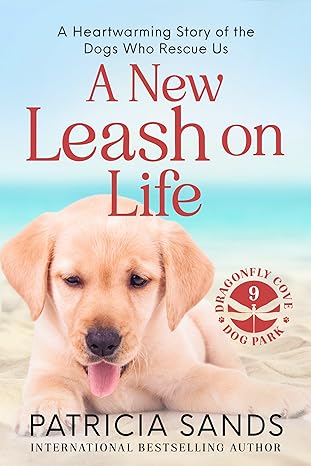Echoes of the Heart: Finding Voice in the Void
By Gwen Suesse (Notes from Planet Widow: Finding My Way After Loss)
Memoir: I enjoy reading a good one, but write one? Moi? The very thought is unsettling at best and, in the dark of night, downright terrifying. Why would anyone want to read my story?
And yet, that’s what my latest book, Planet Widow: Finding My Way After Loss, became. A widow’s memoir.
Let me back up a bit for context. I write. I’ve always written. Writing is, in many ways, my best friend, and my journal is where “she” lives. Her pages are always there for me, ready to “listen,” daring me to be real, gut-wrenchingly real, and – if I’m free enough to go there and be open – offering all nature of ideas and thoughts in return, which spill out word by word as I write in longhand.
My journal is a safe place, a place where I don’t need to be nice. I don’t need to have answers. I can be scared, unsure, irrational – whatever comes up. The best part: I can try out wild possibilities in writing with no outside consequences unless and/or until I choose to put those ideas into action.
Thankfully, then, when I was blind-sided by the sudden death of my beloved husband, conversing with my journal was already an established practice.
And so, I wrote. Volumes. And then more volumes, often repeating again and again the same thoughts, recounting the same emotions. Definitely not a once-and-done exercise! I read somewhere that that’s what people must do when they experience shocking, harrowing losses: they need to repeat and repeat the experience (out loud or on paper – somewhere, anywhere) before they can come, in their very core, to believe what happened to them, to begin to process that and figure out a different path forward.
The essential point is that painful memories and distressing emotions cannot be magically exorcized or dissipated. They must be allowed, honored, and experienced before they can move on through. Writing about them (at least for those of us who are drawn to writing) is one effective, healthy way to move the bar toward reconciliation.
There are a variety of specific ways to do this. The one I turn to most often is what I call “brain dump.” I simply write. No thought of structure, of syntax, of making sense – I just put down on the page whatever pops into mind, preferably without stopping to think about it. (I confess, however, that I sometimes stop because I want Just The Exact Right Word. . . I’ve learned to avoid that temptation by putting its “close relative” in parentheses to acknowledge that my word choice is slightly off without losing my train of thought.)
My personal style of “brain dump” grew out of Julia Cameron’s Artist Way practice of writing Morning Pages. She advocates writing three pages every day, first thing. Always first thing, always three pages. The “first thing” part generally does not work for me, but I’ve found the “three pages” part to be astonishingly powerful. Cameron says that what we’re really trying to express or think about often won’t show up until we’ve gotten the other stuff out of the way. I can’t begin to count the times that I’ve flipped my notebook to the third page and suddenly, there it was: the thing I didn’t even know was begging for attention and consideration.
I’m grateful that this tool was well ingrained in my mode of operation before my husband died. When everything else was so daunting, so hard, here was my old friend, ready to help and support me.
Fifteen years later, for no conscious reason, with no goal in mind, I revisited those journal entries. Older, wiser me saw how evolution had taken place, slowly, subtly, healing me. I endured! Savoring that realization made me want to create a personal testimonial to my survival, to consolidate the best of what I’d learned and distill the keenest insights of those volumes into a single, small book to turn to in moments of loneliness or doubt. Toni Morrison’s proclamation provided the encouragement I needed: “If there’s a book you want to read, but it hasn’t been written yet, then you must write it.”
I wrote for me, with no intention of publishing, but it didn’t take long to realize that the trail of breadcrumbs I’d discovered on Planet Widow might be comforting to others struggling with profound loss. Thus, despite myself, my memoir came into being, quite without forethought or direct intention.
In essence, it happened. For me, that’s how it is: my writings “happen.” Plans come and plans go, but the good stuff emerges only when it is jolly well ready. The way to cultivate fertile ground for it to happen is to show up at the page. To write regularly, faithfully, lovingly. To write when the material flows but also when it is labored and disjointed. Writing is the point, not publishing.
In my experience, the art of writing is like a Zen koan – a riddle with no solution. Get quiet. Listen to the Spirit. Follow where it leads. Adjust as necessary. Write for myself, not for others. As my mother, quoting Shakespeare, said to me from childhood forward, “This above all: to thine own self be true. And it must follow, as the night the day, Thou canst not then be false to any man.” We can’t wish for anything better than that.
—
Author Bio:
Gwen Suesse holds a Master of Arts in Teaching from Harvard University. She is a certified Martha Beck Life Coach and Grief Support Practitioner, and has presented keynotes at many women’s conferences and charity events. She is the author of the award-winning book, Womansong: Balance and Harmony in a Feminine Key and resides in Tryon, North Carolina, in the foothills of the Blue Ridge Mountains. Visit gwensuesseauthor.com.
Notes from Planet Widow: Finding My Way After Loss
 “A loving, gracious invitation to a land that is ever so difficult to traverse.”
“A loving, gracious invitation to a land that is ever so difficult to traverse.”
– Geneen Roth, author of the #1 New York Times bestseller, Women Food and God
Gwen’s life was rolling along largely in the way her husband and she expected it would. Ups and downs here and there, for sure, but basically on a mostly predictable trajectory. But on an August day she will never forget, normalcy vaporized with the sudden death of her beloved husband. Boom! Without warning, she landed on Planet Widow, an utterly barren landscape with no roads, no buildings, no people, no trees, no anything in sight-only total desolation with mind-bending disorientation and soul-piercing heartache as her sole companions.
Gwen had no vision of what life could look like in such a place. Slowly, however-oh, so agonizingly slowly-a landscape began to take shape. Signposts came into focus to reveal a path forward. Insights built on each other to form a trail of breadcrumbs that she used to hold herself together as she learned a new way of being.
Notes from Planet Widow is a story of rebirth, describing the trail of insights that knit themselves together to restore one’s sense of wholeness within an altered context. While one can’t totally eradicate grief, we can learn profound lessons from it. Finding the courage to be open to it as a fierce teacher, Gwen slowly lived her way into a new realization of self that includes grief, transforming disorientation into grounding and a measure of peace.”This book is deep, curious, and full of wonder. . .It is a gifted piece of writing. . . sometimes difficult yet elevating to read. Wise and wonderful.”
– Leigh Steiner, Ph.D., Former Illinois Commissioner of Mental Health
“This insightful work narrates Gwen’s journey of grief and grace in widowhood. Quoting myriad writers, sages, philosophers, poets, and more, it blazes with personal and universal understandings . . . As a stand-alone, the Resources section at the end is an invaluable tool to help readers pursue their own journeys of self-compassion and acceptance.”
– Sara J. Glerum, Beatstalkingtomyself.com
BUY HERE
Category: How To and Tips






